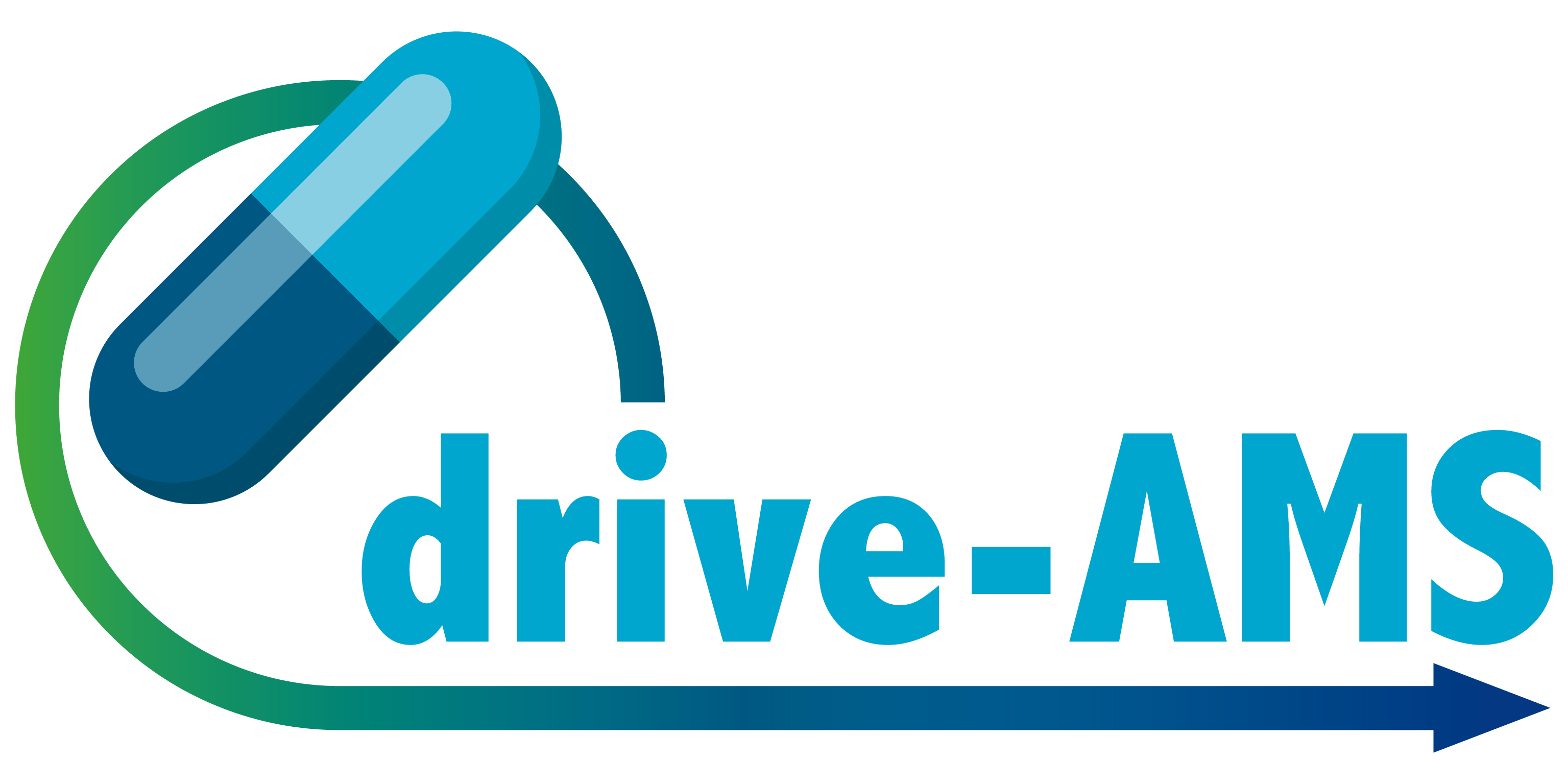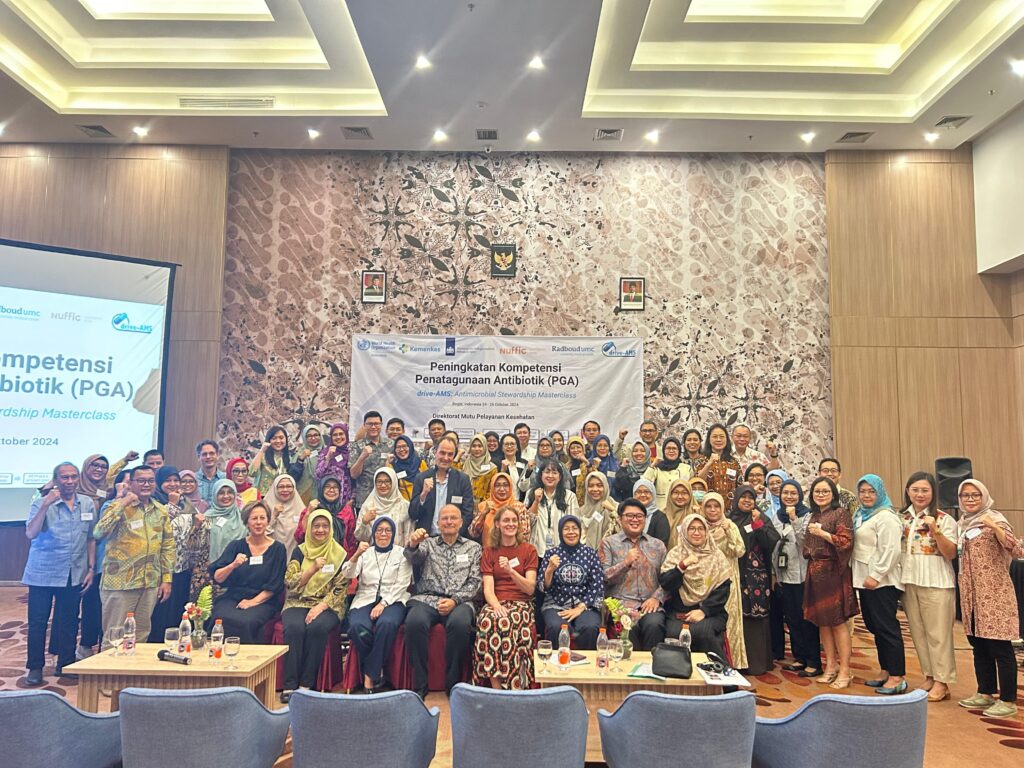Unlike the drive-AMS initiatives in Portugal, Lithuania, Romania, and Greece, which are funded by a grant from the European Commission, a similar course was granted by a Fleming Fund to Indonesia and co-funded by the Indonesian and Dutch Ministries of Health, along in collaboration with the University of Antwerp, Belgium. This collaboration is based on a Memorandum of Understanding, focused on health cooperation between the countries.
The drive-AMS program is designed to support antimicrobial stewardship activities within hospitals, aligning closely with the World Health Organization’s “people-centred approach” to combating antimicrobial resistance in human health. Indonesia was selected as the first country for the rollout of a data-driven approach following a successful implementation of the Global-PPS in 6 tertiary and 3 secondary care hospitals. Participants were trained in advance on the methodology of the Global-PPS and supported during data collection and -entry using the web-based Global-PPS application. They all received detailed feedback, including country and regional benchmark results, which provided valuable and inspiring insights into the hospitals’ prescribing patterns.
40 participants from eight hospitals across Indonesia gathered in Bogor from 24 to 26 October 2024 for a Masterclass on AMS. The course faculty consisted of Dutch and Indonesian experts in antimicrobial stewardship and implementation science. All participating hospitals had established AMS teams and met the basic requirements for an Antimicrobial Stewardship Program. Each hospital team included four AMS healthcare professionals—AMS leaders, clinicians, clinical microbiologists, pharmacists, nurses—and a representative from hospital management.
Throughout the course, AMS teams were trained in the interpretation of feedback reports from the global-PPS and openly discussed their challenges with antibiotic use. They followed a structured, step-by-step approach to designing quality improvement interventions. This process involved defining specific issues with antibiotic use, measuring current practices, analysing barriers and facilitators to better practices, choosing an improvement strategy, and planning and executing the AMS intervention with future follow-up measurements. The program was highly interactive, with all teams actively participating and sharing their experiences.
Following the course, AMS teams will continue to receive expert consultancy and support as they implement their projects. A final project report is expected from each team after an 18-month period, providing a comprehensive overview of their progress and achievements.

